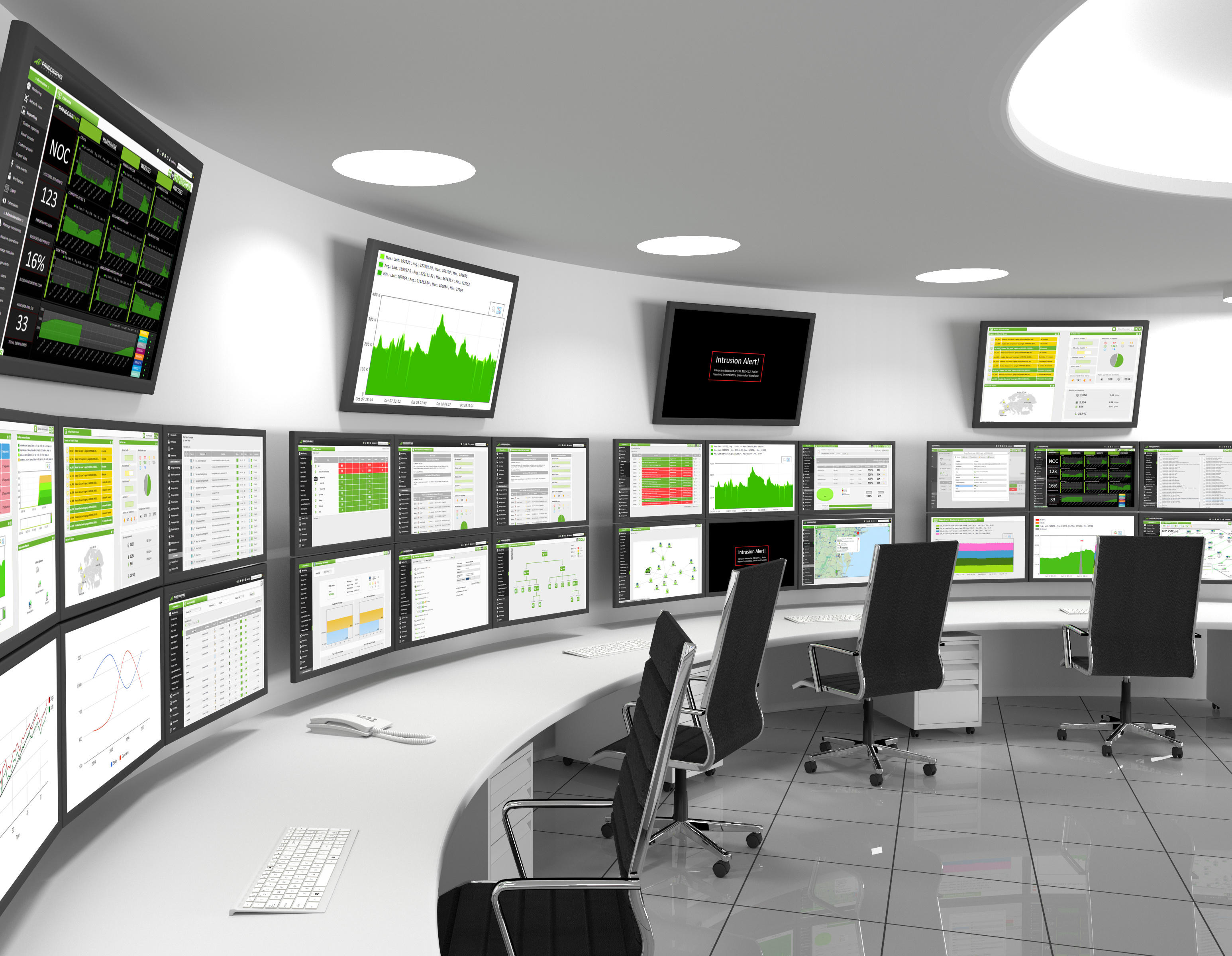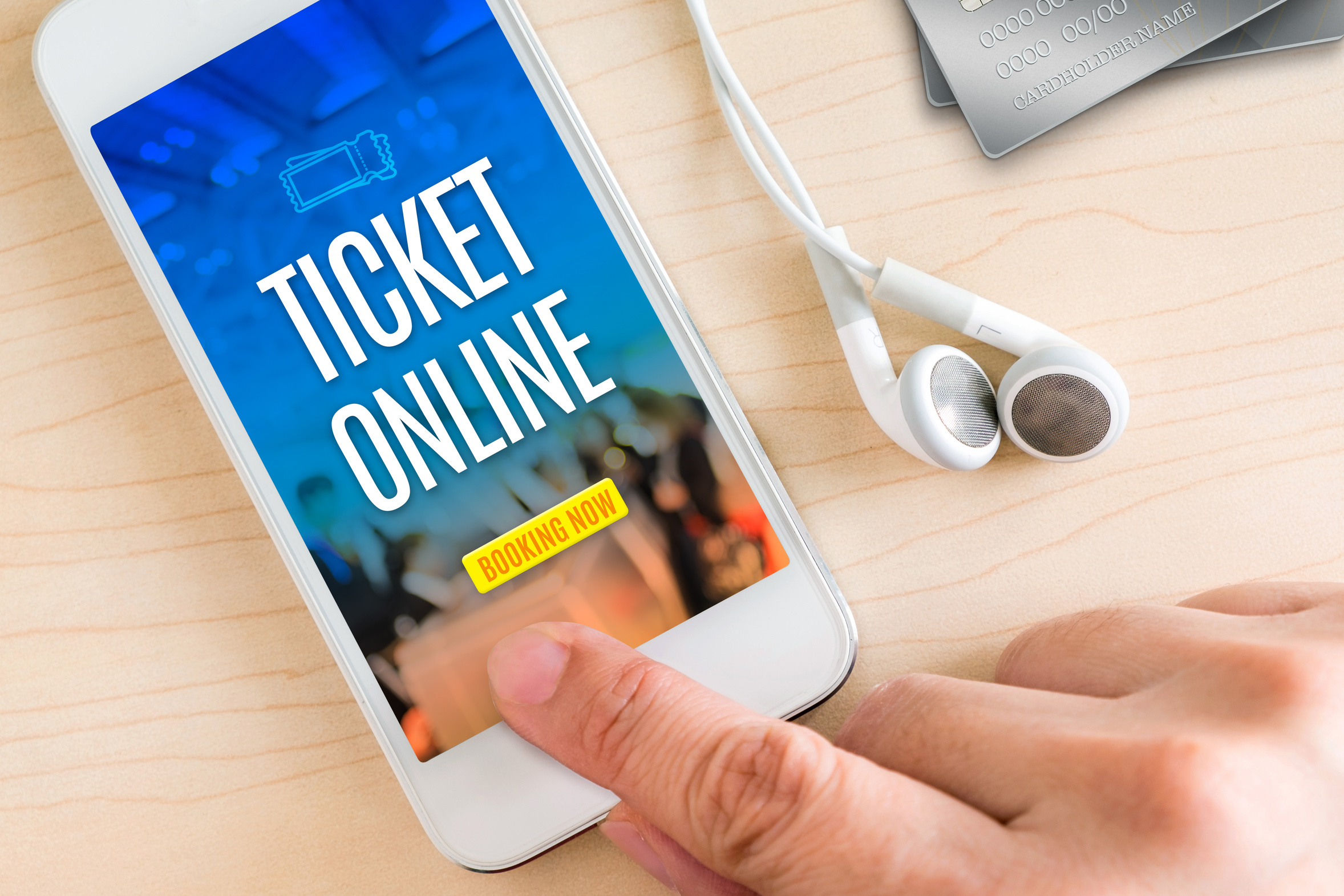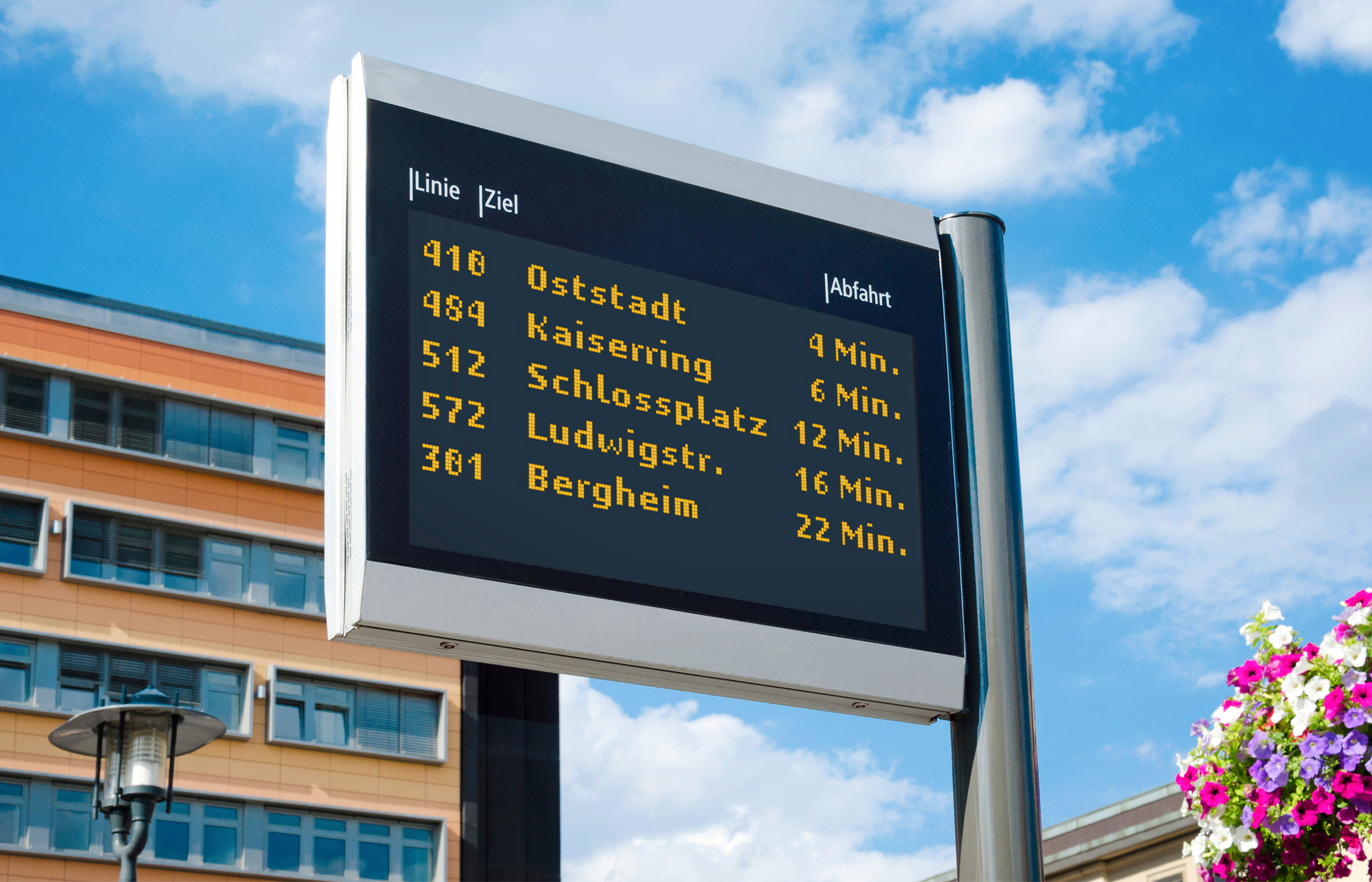The digitalization of public transport gives transport companies new opportunities to offer their customers integrated digital services along the service chain (search-book-pay-drive) and optimize their own transport operations as well. For many years, the Fraunhofer institutes that work together as Fraunhofer People Mobility have been cooperating with transport companies and associations to develop new solutions for public transport in the future. These include electronic ticketing, navigation and guidance through the public transport system while traveling as well as informing passengers in case of disruptions or delays with the help of so-called Bluetooth beacons in vehicles or at bus stops and stations. Using transport network models to simulate traffic systems can help to optimize public transport and plan new, dynamic and individualized mobility services. The following topics provide an overview of the work and research topics of Fraunhofer People Mobility.
Digitalization and Public Transport
Digital assistance in public transport

Passengers such as business travelers, tourists and occasional users are often not sufficiently familiar with the public transport system in a city to reach their destination quickly and safely. As a consequence, conventional means of transport are preferred like taxis or driving their own car. Apps and devices like smartphones can facilitate digital navigation with public transport, which makes public transport more attractive and gives people incentives to use it. Passengers can be informed directly about delays, disruptions, or the validity of their ticket. Additional information such as access to stops and platforms can be displayed and makes it easier for the passenger to change train or transport mode. New applications and devices are increasingly penetrating the market and undergoing continuous development. Devices like smart watches or smart glasses are supplementing smartphones and can retrieve information as well. Smart glasses can be increasingly used as an extension of reality (augmented reality) and allow personalized and needs-based navigation from a person’s own front door to his/her destination.
Fraunhofer People Mobility develops applications for digital assistance devices.
Project examples:
SMART-WAY (project page, Fraunhofer IVI) – project to develop a navigation software for public transport.
Guide2Wear (project page, Fraunhofer IVI) – project funded by the Federal Ministry for Transport and Digital Infrastructure to develop applications for wearable devices like smart watches.
RadAR+ (project page, Fraunhofer IML, GER) – project funded by the Federal Ministry of Education and Research to develop travel assistance systems for dynamic environments based on augmented reality.
Management and integration of public transport data

As the digitalization of everyday life increases, public transport customers also expect more up-to-date and more accurate information. The basis for this is a stable, comprehensive data management and information processing system that takes into account different aspects of public transport. This includes the transfer of timetable data and real-time information from different sources, linking these data and their provision via standardized as well as optimized and proprietary interfaces. But this also includes updated information about timetable disruptions, for example, and route changes from different recording systems, combining this with timetable data and supplying all the gathered information to information systems.
Fraunhofer People Mobility develops suitable data management systems, based upon VDV-interfaces, in combination with all the applications needed for maintenance and monitoring.
Electronic and mobile ticketing

Paper tickets are increasingly being replaced by electronic alternatives, which enable more flexible payment and use of public transport. Electronic fare management has also been used in Germany for several years. Fraunhofer People Mobility is accompanying this process and focusing on research and development services for innovative EFM systems and passenger information systems and for bundling the competencies related to ticketing and tariffs. Software technologies and tariff models developed by Fraunhofer People Mobility are already being used in systems like ‘eTicket Deutschland’ or ‘HandyTicket Deutschland’.
Fraunhofer People Mobility uses its specific know-how to support transport companies, associations, companies and clients from industry and is involved in ongoing developments in this sector.
Project example:
PKM standard in public transport system – electronic tariffs (project page, Fraunhofer IVI) – project on behalf of the VDV eTicket Service to develop a device-independent standard for electronic imaging and processing of any local transport tariff.
 Fraunhofer-Allianz Verkehr
Fraunhofer-Allianz Verkehr